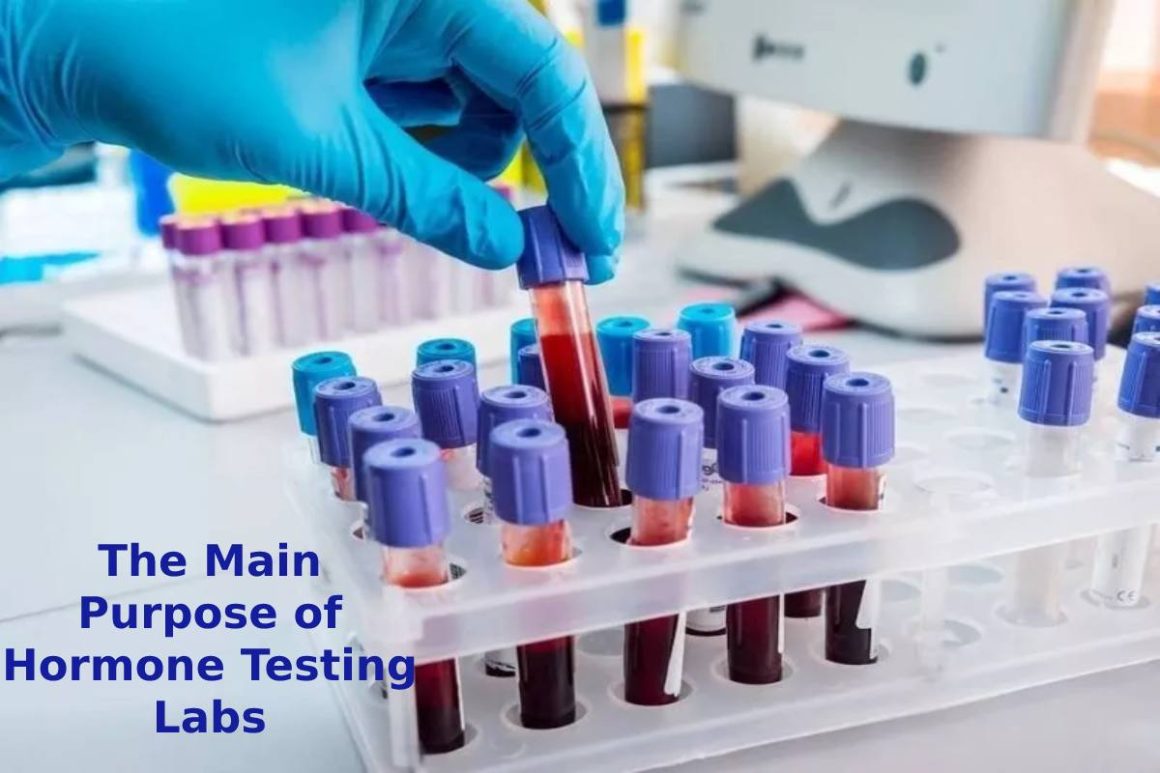The Main Purpose of Hormone Testing Labs
Whether you’re looking for a fertility clinic or planning to have a child, the primary purpose of hormone testing labs is to provide accurate information about your body’s current hormone levels. These labs offer a variety of tests, including those for Blood serum, Urine, and Saliva. The results will help you understand what’s going on with your body and how to optimize your fertility.
Table of Contents
Saliva
Historically, the main purpose of hormone testing labs has been to measure blood serum levels. This is because blood is an invasive and expensive medium for diagnostic tests. It is also difficult to get a blood sample in a short time.
Saliva has proved to be an effective and convenient alternative to blood samples. This is because saliva is non-invasive and easy to collect. It is also less expensive than blood samples.
It can be used to monitor the progress of hormone replacement therapy. In addition, it can detect hormonal alterations in women who cycle. In some cases, it can also be used to diagnose adrenal or infectious diseases. It is also a preferred method of monitoring progress for topical HRT treatment options.
Unlike blood, which contains only the bound hormones, saliva offers a variety of free hormones that saliva tests can measure. This makes it a good way to detect steroid imbalances in women.
Urine
Whether or not you’re on hormone therapy, there are many reasons to get a urine test. Not only can it detect metabolic diseases, but it can also provide information about your hormone levels. Depending on which hormone test you take, it may be more accurate than a blood test.
A 24-hour urine collection allows practitioners to measure the total output of each hormone. It’s the most economical way to evaluate steroid hormone metabolites. However, it also comes with its limitations. For instance, it needs to be an accurate measurement of nighttime cortisol patterns.
The 24-hour urine collection is most commonly started first thing in the morning. It helps to detect kidney problems and other ailments, but it does not allow for the elucidation of the diurnal cortisol pattern.
A complete urinalysis tests your urine’s odor, clarity, and protein content. It’s also good to tell your provider about any illegal drugs or medications you take.
Blood serum
Traditionally, the main purpose of hormone testing labs is to measure the concentration of hormones in the bloodstream. This type of testing is considered highly accurate and is usually covered by insurance companies. Although there are other methods of measuring hormones, the serum is regarded as the gold standard.
The advantages of this method are that it is convenient and less invasive than urine tests. However, it can be challenging to detect hormonal imbalances. It is also difficult to determine the extent of a hormonal change over a month. This is why most healthcare practitioners prefer to combine multiple testing methodologies.
Several factors must be taken into account before choosing the right type of testing method. This includes lifestyle, current medications, and medical conditions. The results of multiple tests may also need to be compared to determine the best course of treatment.
Generally speaking, urine testing can more accurately assess steroid hormone metabolites than serum testing. The disadvantage of this is that the samples are not interchangeable.
Fertility hormone testing
During the in vitro fertilization (IVF) process, laboratory tests are used to monitor your ovarian reserve and ovulation. The results of the tests will determine the appropriate treatment protocol, making the process safer and more effective.
These tests measure a range of hormones, including FSH, AMH, and LH. The level of these hormones can determine whether a woman has a good ovarian reserve or is in the early stages of ovulation.
These tests are usually conducted at a lab, but there are at-home fertility test kits that you can use at home. These kits work by requiring you to collect a blood or urine sample. The equipment will provide you with instructions on how to do this. The results are usually returned within seven business days.
The results of these tests can give you a lot of information about your fertility, but you will need to follow up with a medical provider. These tests are not as accurate as laboratory tests, but they can help you start a conversation with your healthcare provider.


